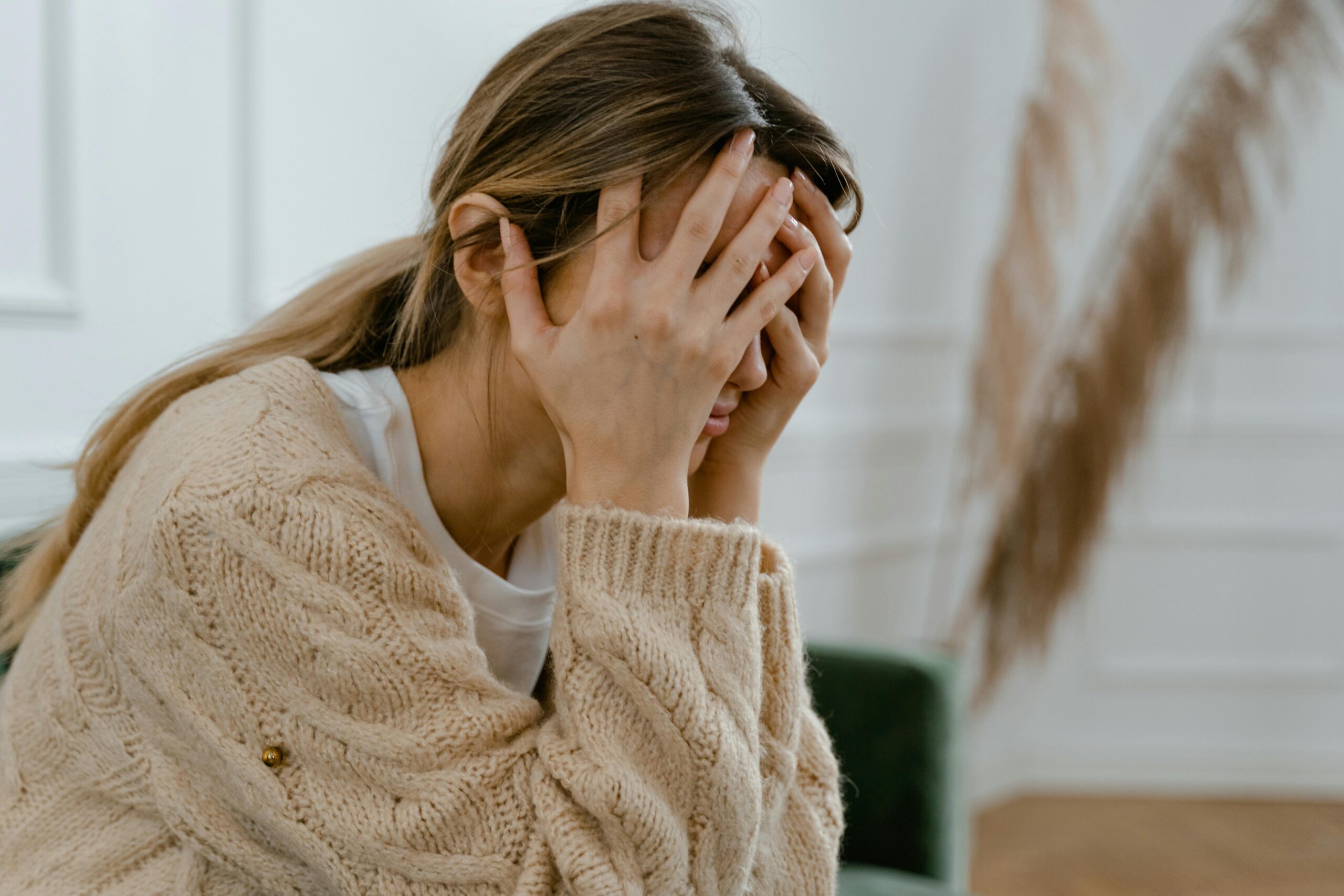
Community

Keeping abuse secret protects offenders, community told
Our community is notorious for keeping quiet about abuse, said speakers at a discussion hosted by the Chevrah Kadisha on 3 December, but keeping it secret only serves to empower abusers.
Marking the current 16 Days of Activism for No Violence against Women and Children, the discussion was hosted by Chevrah Kadisha Social Services at the David Lopatie Centre. Speaker Luke Lamprecht, a child protection and development specialist, said a recent Optimus study (The Optimus Study on Child Abuse, Violence and Neglect in South Africa) had found that one in three boys and one in three girls would be sexually abused before they turn 18. While men are most often the perpetrators, this indicates that there’s no gender difference when it comes to abused children.
“Yet, there’s no real voice for the victimhood of men,” he said. This creates a problem as boys who are exposed to things of a sexual nature tend to clam up and not talk about anything. “They then tackle temporary problems with permanent solutions such as suicide,” warned Lamprecht, who is working with the parents of three boys who committed suicide after being sexually abused at prestigious schools. Constantly having conversations where men are the aggressors only serves to further this damaging cycle, keeping male victims silent.
There are four preconditions for sexual abuse of children to take place, Lamprecht said. First, abusers need a motive for the abuse, and this is always sexual, he stressed. Many abusers say that they were abused themselves, but this is problematic because by making an abuser a victim, you give up your right to your own victimhood.
Abusers are commonly career offenders, said Lamprecht, who choose jobs that give them access to children, often reaching hundreds of victims. These abusers have lowered internal inhibitors and don’t listen to that voice that tells them not to do something to harm another person. They may argue that they’re really caring for the children, but the fact that they keep the abuse a secret proves that they’re lying. “The power of abuse is the secret,” Lamprecht said. “If perpetrators didn’t think something was wrong, there would be no secret.”
Abusers must also overcome external inhibitors, he said. That’s us parents, the community, the schools, the police, all the people who are supposed to have eyes on children. “We need to teach our kids that abuse ends with them,” he said. “We need to say ‘no’ to other adults, so our children don’t have to.”
Finally, abusers have to overcome the resistance of the child, something they usually do through grooming, manipulating children to gain their trust. “The first warning sign of grooming is if someone pays more attention to your child than you as the parent do,” cautioned Lamprecht. “No adult should be privately messaging your children for any reason whatsoever other than you as their parents.”
Often parents are in denial. “We can’t reconcile the fact that this person who we trust could possibly do this, and ‘innocent until proven guilty’ means that we assume that the child is lying until proven otherwise. We need to stop victim blaming.”
Lamprecht argued against anonymous reporting, something that often happens in our community. “If you report something anonymously, I can do nothing with it,” he said. “We have a system where we have a right to confront our abusers. You are the external inhibitors who will keep your children safe. Parents as well as the greater community are the single greatest protective feature for children against any danger they face.”
While the police are the first port of call, family lawyer Jenna Jacobs said there were further legal remedies. “In South African law, we have two acts which deal with protection orders, one addressing domestic violence and another addressing harassment.”
A domestic violence protection order is an immediate legal remedy to protect oneself from domestic abuse. “It’s an order from a court that has authority, which tells the abuser what they can and cannot do,” Jacobs said. “Protection orders are flexible and can cater to your specific needs. They address physical, sexual, emotional, psychological, verbal, and economic abuse as well as intimidation, harassment, stalking, and damage to property.
“Anybody who believes they’re being abused or has suffered harm can get a protection order – it’s not gender specific, but rather circumstance specific,” said Jacobs. An adult can also bring an application on a minor’s behalf.
“A final protection order comes along with a warrant of arrest, so it’s more than just a piece of paper,” Jacobs said. “If the accused contravenes the court order, they will be charged with contempt of court which is a crime. If you believe you’re being abused, reach out to the police, the courts, an attorney, or a friend.”
Nikki Fichardt, a volunteer at the Community Security Organisation who serves on the executive committee of the Sandringham Community Policing Forum, stressed that safety was both a collaborative effort and a personal responsibility.
“Yet, if you’re not going to report, you’re not going to get a result,” she said. In fact, when Fichardt asked her station commander for statistics about the Jewish community, she was told that the community doesn’t report and keeps everything private. “We’ve been aligned with having a reporting culture similar to some of the most underprivileged and under resourced communities in South Africa,” Fichardt said.
“Even though we’re largely privileged and well educated, when something goes wrong in our community related to gender-based violence, instead of going to the police, we close ranks and keep it a secret.” Whether it’s our religious beliefs, our community resources, or our lack of trust in the police system that keep us from reporting, this has to change, she said. “If we don’t report incidents of gender-based violence, domestic violence, sexual abuse of a minor child or of ourselves to the police, we cannot expect that that perpetrator will ever be brought to justice. And justice is a key ingredient in a victim’s recovery.”










